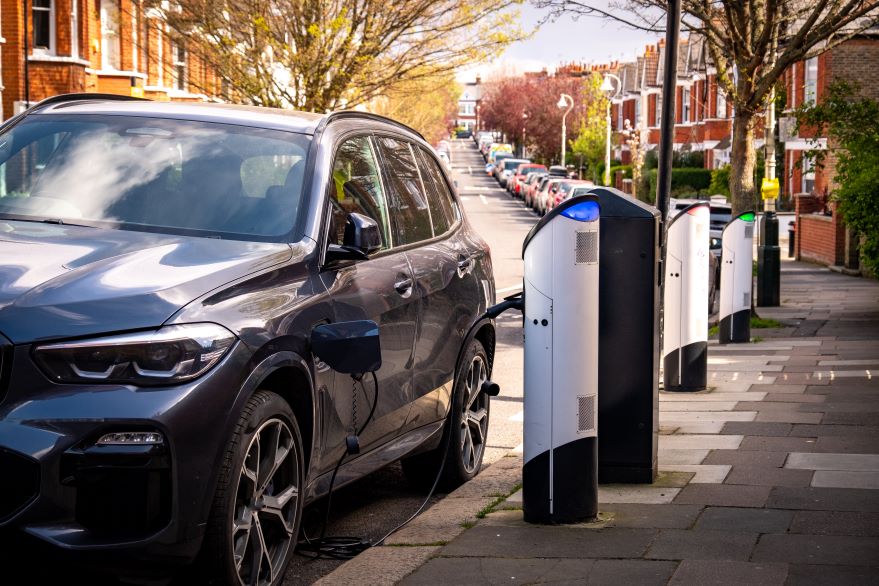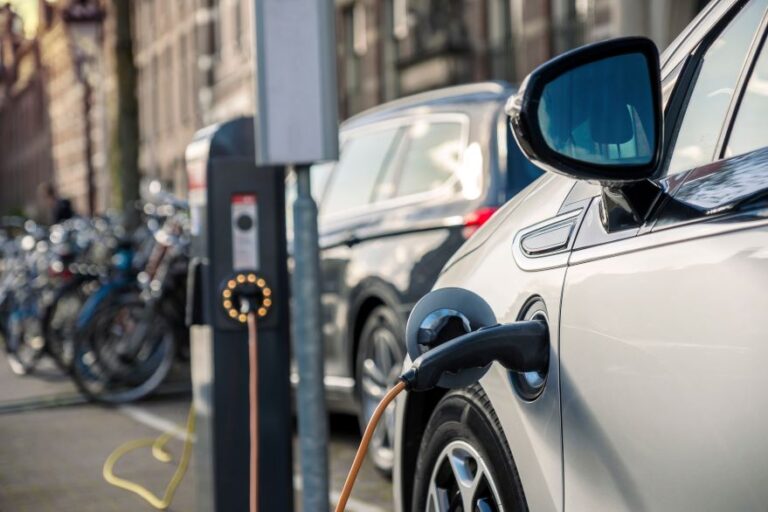Remember when the government delayed the petrol and diesel car ban back in 2023? Well, it’s back on again — and honestly, it’s hard to keep up with all the to-ing and fro-ing. The Labour government has confirmed it’s sticking to the original plan: from 2030, you won’t be able to buy a brand-new petrol or diesel car in the UK.
Feels like ages away, right? But cast your mind back to when we first went into lockdown — that was five years ago. Time has a habit of sneaking up on us, and 2030 will be here before we know it.
And remember to let us know what you think! Keep reading to vote in our poll.
So, what exactly is happening?
Back in 2023, the ban on new petrol and diesel cars was delayed until 2035. But now? That delay’s been reversed.
Here’s a quick look at what’s changing:
- From 2030: No new petrol or diesel cars will be sold.
- Hybrids that can travel a reasonable distance on electric power will still be available — for a little while longer.
- From 2035: Only fully zero-emission vehicles (like electric cars) can be sold.
- Good news: If you already own a petrol or diesel car, you can keep it. The ban only applies to new car sales — not the ones already on the road.
So, no — you won’t have to scrap your car overnight. You’ll still be able to drive it, get it insured, and keep using it for years to come.
But it’s not all smooth driving ahead…
While switching to electric sounds great in theory, it’s not always that simple in real life.
For a lot of drivers, there are still big barriers — the cost of EVs, limited charging options, and the fact that many homes don’t have driveways for at-home charging. If you regularly drive long distances, the current charging network might feel patchy and inconvenient.
The government is aware of the challenges. Right now, the Transport Secretary is gathering input from electric vehicle experts and car manufacturers to figure out the best way to make the transition happen — and make it work for everyday drivers like you.
Ford recently issued a warning during the government’s consultation, saying that the push for more EV production just doesn’t add up without stronger demand. And at the moment, that demand is falling short — mainly because of high costs and the UK’s underdeveloped charging infrastructure.
How will local infrastructure cope?
So, the big question is: can the government deliver what’s needed to make this plan actually work? That includes making electric cars more affordable and building the infrastructure to support them.
One local council is stepping up. In a positive move, Suffolk County Council has partnered with charge point operator to roll out over 6,000 new EV charging stations across the county.
The £21.3 million project is designed to help people — especially those without off-street parking — make the switch to electric vehicles more easily. These charging points will be installed in residential streets and public car parks, giving locals better access to the EV network.

It’s all part of the government’s wider LEVI fund, which supports local authorities in boosting EV charging capacity. Suffolk is actually the first council in England to both award its funding tender and sign a deal with a charge point provider. Hopefully, others will follow their lead.
A shaky road to public confidence
Back when the 2030 ban was still firmly in place, a survey showed that 42% of drivers planning to buy a new car expected it to be a low-emissions vehicle — either fully electric or a hybrid.
But after Rishi Sunak announced the delay to 2035? That number dropped to 38%, according to research from Kwik Fit. That’s a fall of over two million potential EV or hybrid buyers. These kinds of U-turns make it harder for drivers to feel confident about going electric.
So what do people think now?
With the goalposts always changing, it’s hard to know how to plan ahead. But, with the news that diesel and petrol cars will be phased out, what does that make you think about your next vehicle?
Don’t panic – but do plan!
You don’t need to rush into buying an electric car tomorrow. But it’s smart to start thinking ahead.
As the 2030 deadline gets closer, demand for petrol and diesel cars could spike — and prices for good used models might rise sharply. And if you’re thinking about changing your car in the next few years, it’s worth factoring these shifts into your plans.
And remember, government policies can change. Another election could see these deadlines pushed back again — or brought forward. Nothing’s certain except that your car needs to keep you moving, no matter what.
Whatever you drive — petrol, diesel, hybrid or electric — Howden is here to help you keep covered. We’ll help make sure you’re protected on the road, whatever the future brings! Contact your local branch via phone or pop in and speak to an insurance expert.
Sources: Which? The Mirror, Kwikfit, Cinch
You could also read:
- Car insurance prices drop 23% for young drivers!
- The most iconic on-screen number plates
- Good debt vs bad debt when buying a home
- Five hidden costs that could derail your holiday!
- 20mph zones – how effective are they?
This is a marketing blog by Howden Insurance.

